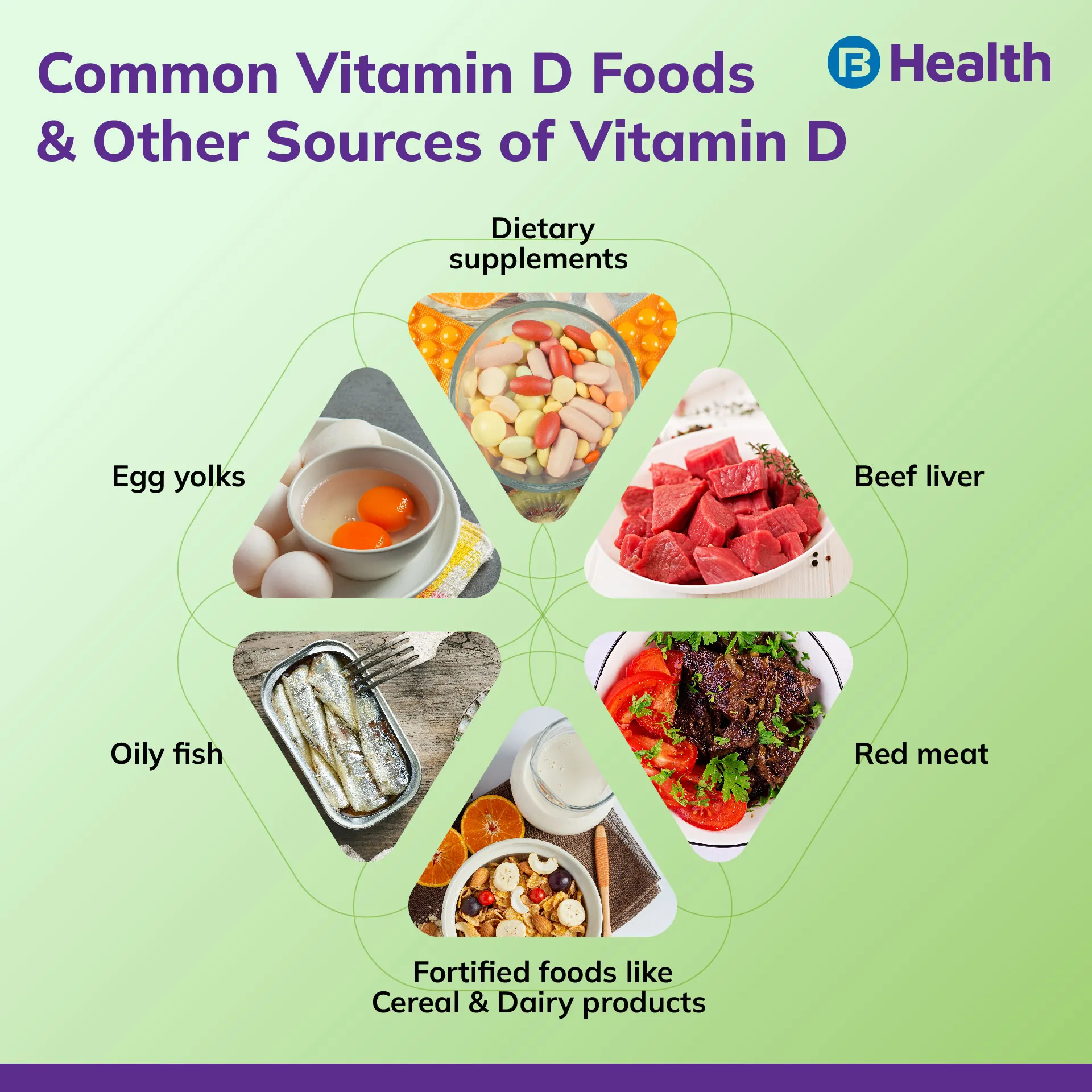Immunity | 4 min read
Can Vitamin D Prevent Autoimmune Diseases? An Important Guide!
Medically reviewed by
Table of Content
Key Takeaways
- Nearly 4% of the world population is affected by autoimmune disease
- There’s a link between autoimmune diseases and vitamin D deficiency
- Research is on to identify best vitamin D supplement for autoimmune disease
Autoimmune diseases occur when your immune system mistakenly attacks healthy cells in your body [1]. Almost 4% of people worldwide suffer from at least one of the 80 different autoimmune diseases [2]. Some common autoimmune diseases include type 1 diabetes, rheumatoid arthritis, and multiple sclerosis [3].
Although there are no cures for these disorders, you can manage the symptoms with proper diet, lifestyle and medication. Remember, vitamins play an important part to keep this diseases in check.
Are you wondering, “Can vitamin D prevent autoimmune disease?” If so, keep in mind that it is one of the best vitamins for autoimmune disease. The D vitamin plays a great role in preventing infections, heart disease, cancer, and dementia [4]. In fact, there is a link between autoimmune diseases and vitamin D deficiency.
Though the effects of vitamin D in preventing autoimmune diseases need extensive research, a recent study has explored its possibilities [5]. Read on to know more about autoimmune diseases and understand how vitamin D helps to prevent them.
Additional Read: Best Vitamins and Supplements
Functions of the immune system and how autoimmune diseases affect them
Your immune system is largely responsible for defending your body from foreign pathogens and helping heal damaged tissues. The exact cause of most autoimmune diseases is not known. They may be results of both genetic and environmental factors. The proven theory is that an autoimmune disease or disorders like rheumatoid arthritis or thyroid disease develop when your immune system attacks your body’s host cells.
Effects of vitamin D on autoimmune diseases
Vitamin D can play a significant role in preventing autoimmune diseases. As per research, vitamin D can interact with immune cells, affect inflammation-causing genes, and change immune system response. However, more research is needed to find the effectiveness of vitamin D in preventing or treating autoimmune diseases. This will help formulate the best vitamin D supplement for autoimmune disease. Take a look at the following study which intended to establish the link between vitamin D and autoimmune diseases.

The study was conducted to find out if vitamin D and omega 3 fatty acids reduce the risk of autoimmune disease. It included 25,871 participants with 12,786 men of age 50 years and above and 13,085 women of age 55 years and above. The mean age of the participants was 67.1 years and the study was carried out for 5.3 years. The participants had self-reported autoimmune diseases over this period, which were further proven medically. The common diseases included rheumatoid arthritis, polymyalgia, psoriasis, and thyroid disease.
The participants took 2,000 IU of vitamin D or matched placebo and 1,000 mg of omega-3 oil or matched placebo daily. It was found that 123 participants taking vitamin D supplements with or without omega 3 fatty acids developed an autoimmune disease when compared to 155 participants in the placebo group. This means a 22% reduction in the cases of autoimmune disease.
On the other hand, taking omega 3 fatty acid supplements with or without vitamin D reduced autoimmune diseases by just 15%. However, both the treatments showed significant improvement when compared to the placebo group.
Although the study provided important insight into the impact of vitamin D supplements on autoimmune disease, it had its drawbacks. The study relied on self-reported cases of autoimmune disease and included older adults. The results may have differed if it included young adults too as some autoimmune diseases develop in early adulthood. Besides, the 22% reduction rate implies a decrease to just 9.5 people in 1,000 from 12 people in 1,000. Also, vitamin D was effective in the last 3 years of the study indicating it has a slow effect. Further, people who were given omega-3 fatty acids did not experience a significant change.

Does the right vitamin D dosage for autoimmune disease really help?
Can vitamin D reverse autoimmune disease? The question cannot be answered yet as it requires further research. For now, it can be said that taking vitamin D supplements may have some benefits for people suffering from autoimmune diseases. Further studies may help find out the ideal vitamin D dosage for autoimmune disease.
Additional Read: Signs and Symptoms of Vitamin D DeficiencyIf you have an autoimmune disease, do not start taking vitamin D supplements without consulting doctors. They can guide you on how vitamin D can interact with the other medication you consume. Note that some vitamin D foods can naturally help you get the daily intake value. For better understanding, you can book an online doctor consultation on Bajaj Finserv Health and learn about vitamins to take or vitamins to avoid with autoimmune disease.
References
Disclaimer
Please note that this article is solely meant for informational purposes and Bajaj Finserv Health Limited (“BFHL”) does not shoulder any responsibility of the views/advice/information expressed/given by the writer/reviewer/originator. This article should not be considered as a substitute for any medical advice, diagnosis or treatment. Always consult with your trusted physician/qualified healthcare professional to evaluate your medical condition. The above article has been reviewed by a qualified doctor and BFHL is not responsible for any damages for any information or services provided by any third party.



